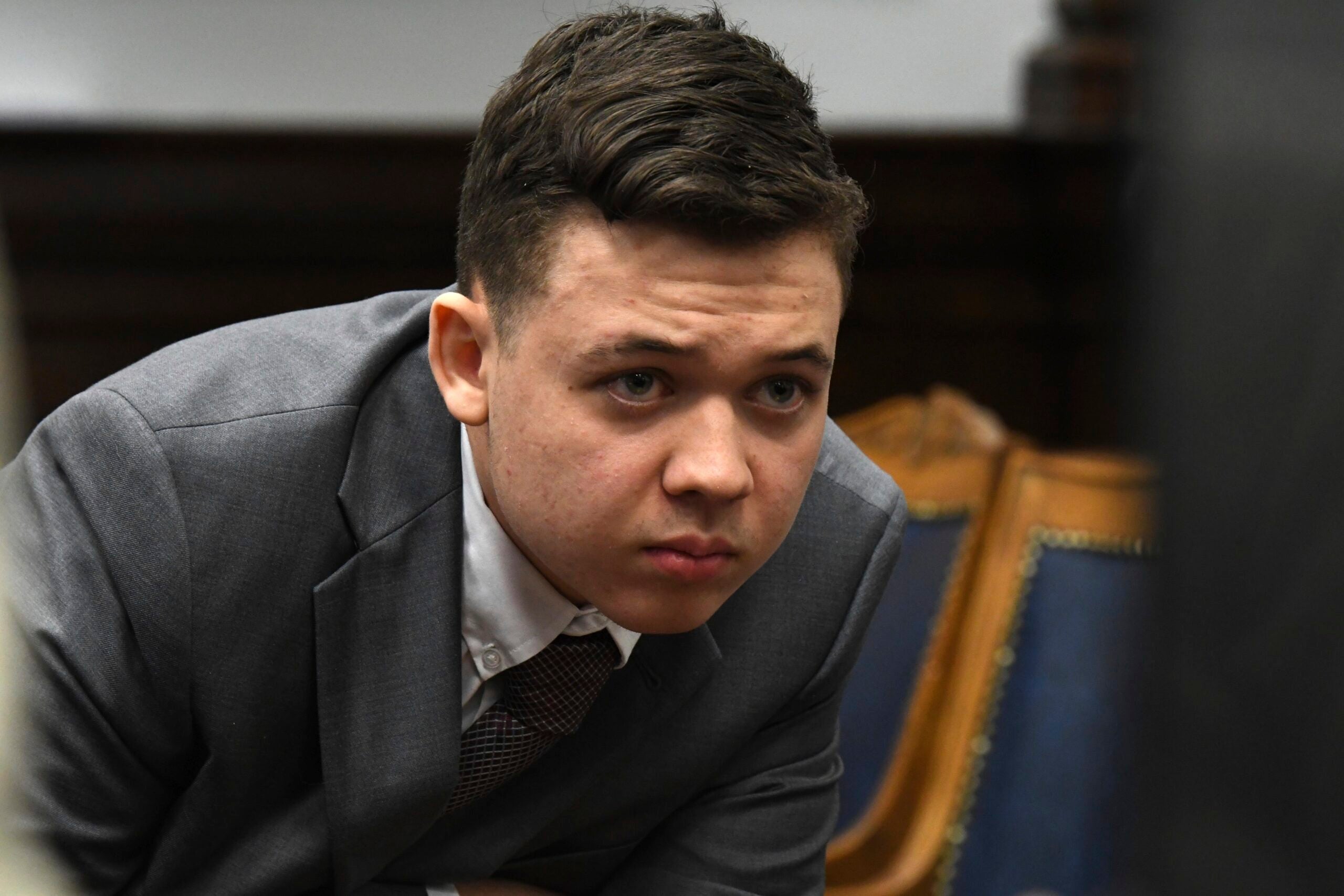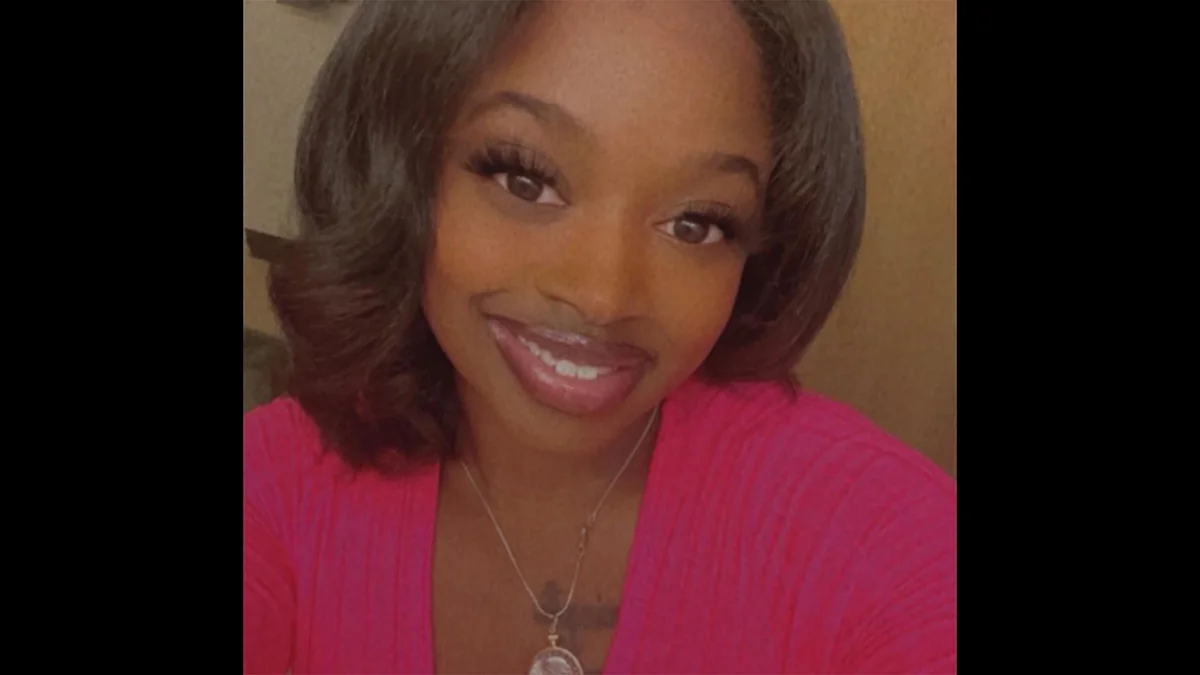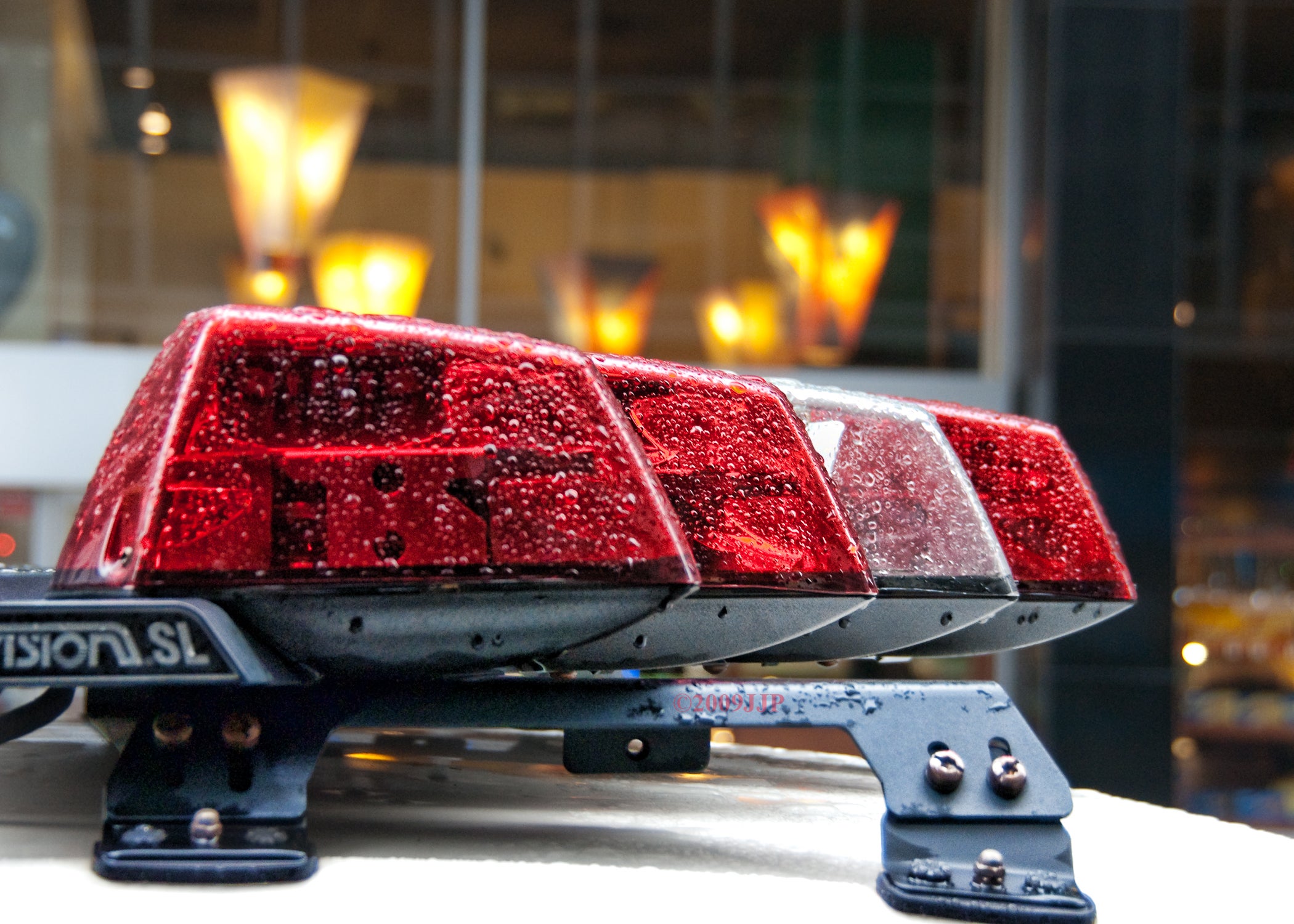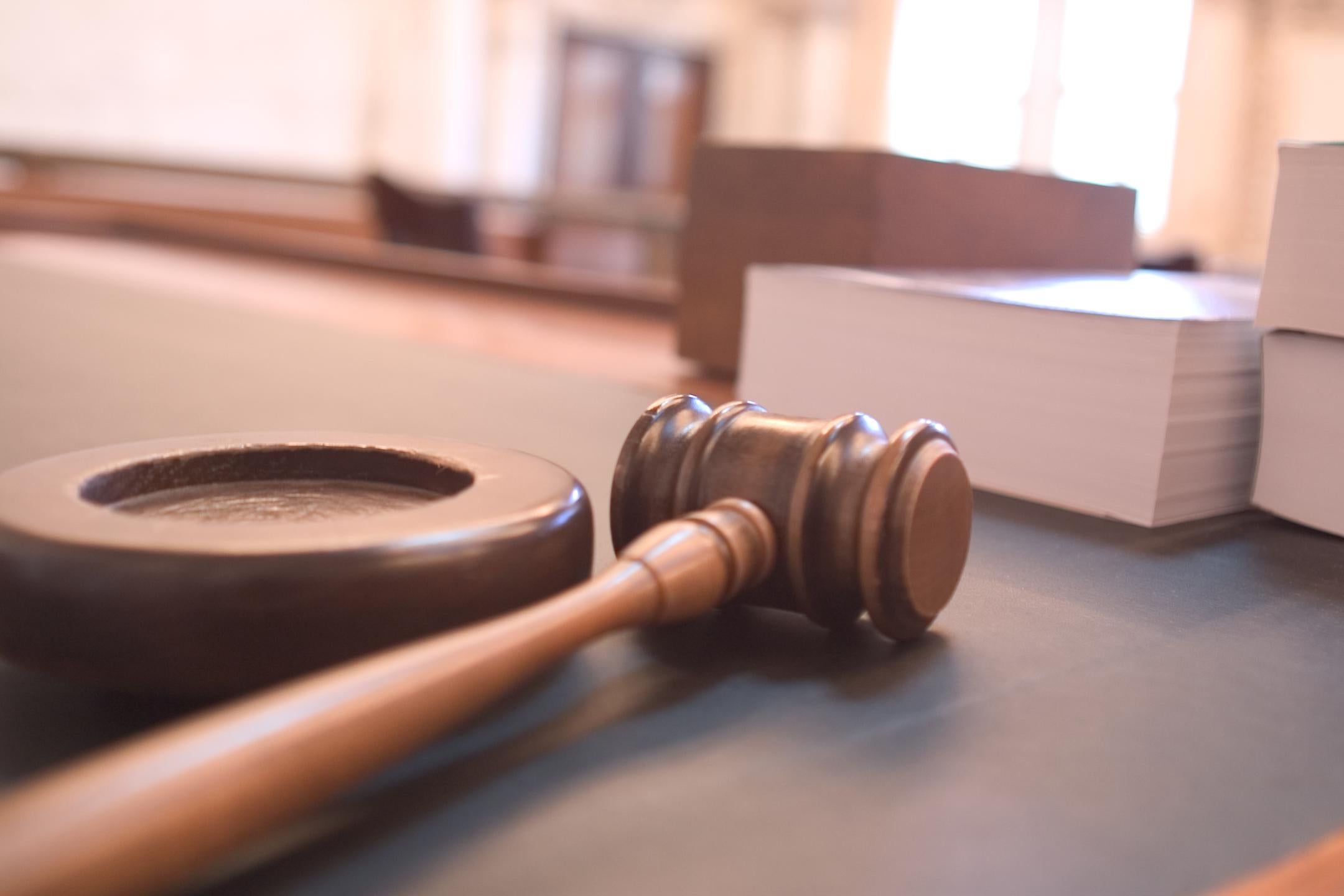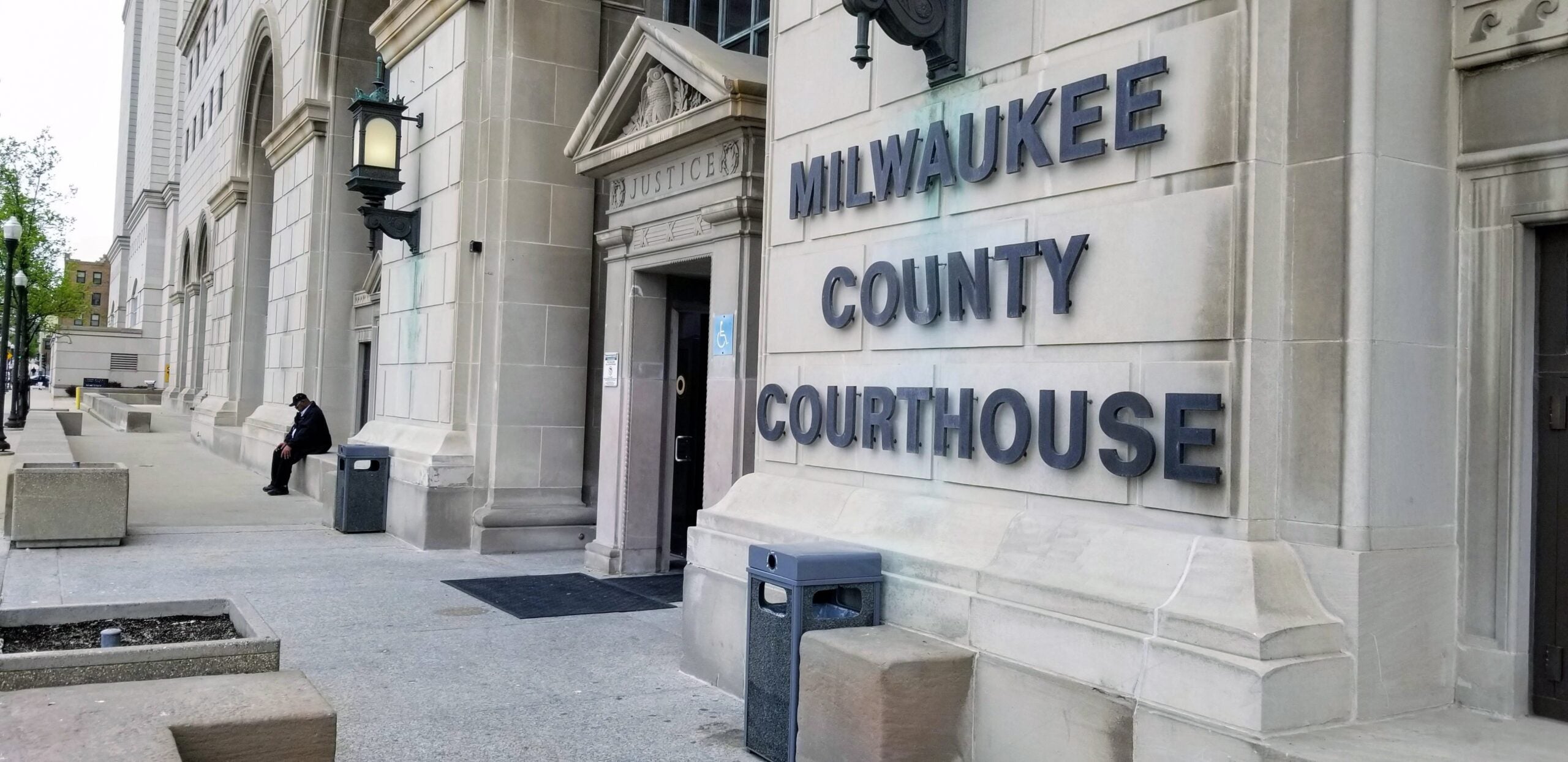The judge overseeing the Kyle Rittenhouse homicide trial said Friday he’s inclined to allow jurors to consider lesser charges against the Illinois teen who shot three people, killing two, during protests in Kenosha last year.
The judge’s final decision on the matter, which is expected to come Saturday, gives the jury more options if they’re unable to agree on homicide, attempted homicide and reckless endangerment charges against Rittenhouse.
James Krause and Thomas Binger, assistant district attorneys for Kenosha County, asked Judge Bruce Schroeder for a series of what are called lesser-included charges to be considered by jurors as they deliberate over Rittenhouse’s fate. The jury is expected to begin deliberations Monday, when closing arguments are scheduled to be made.
News with a little more humanity
WPR’s “Wisconsin Today” newsletter keeps you connected to the state you love without feeling overwhelmed. No paywall. No agenda. No corporate filter.
Prosecutors, Rittenhouse’s defense attorneys Corey Chirafisi and Mark Richards, and the judge debated over the lesser charges for hours Friday, sometimes getting into heated exchanges.
Schroeder said he was inclined to allow a lesser-included charge of second-degree intentional homicide, in addition to a first-degree intentional homicide charge, in the killing of Anthony Huber, 26. Schroeder said he was also inclined to allow lesser-included charges of attempted second-degree homicide and first-degree recklessly endangering safety, in addition to first-degree intentional homicide, in relation to Rittenhouse’s shooting and wounding of Gaige Grosskreutz. Grosskreutz lost the majority of his right bicep.
The judge said he was inclined to include a lesser-included charge of second-degree recklessly endangering safety in addition to a first-degree recklessly endangering safety charge relating to Rittenhouse shooting toward a reporter that night.
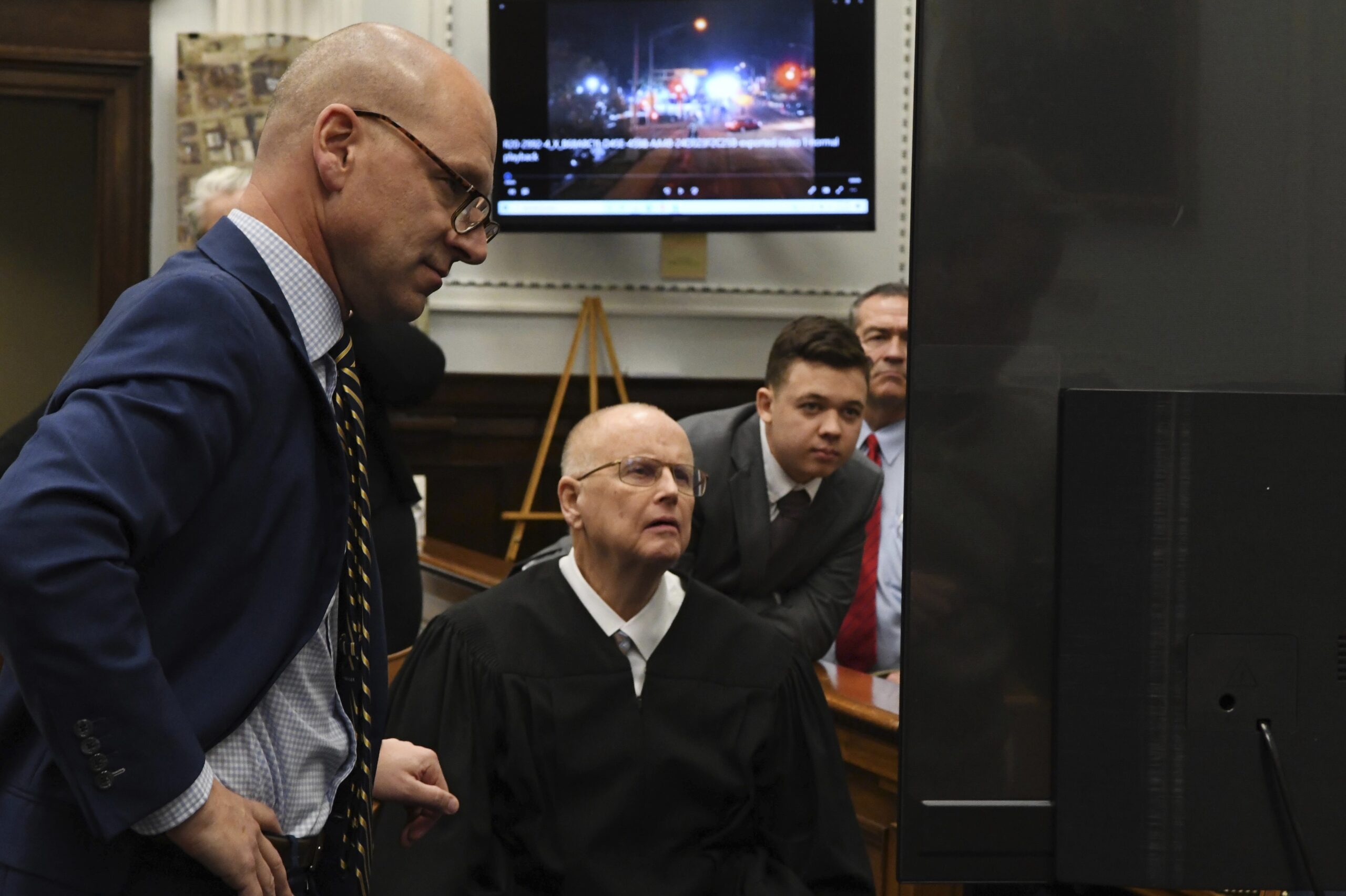
Schroeder also said he plans to submit a provocation instruction to the jury in the reckless homicide charge filed for the killing of Joseph Rosenbaum, 26, after watching drone footage prosecutors argued showed Rittenhouse raising his rifle toward the man just before Rosenbaum chased the teen and was shot.
“My decision will be to submit the case to the jury with the provocation instruction. And you can argue the strength or lack of strength of the respective evidence,” said Schroeder.
The Associated Press reported Schroeder will make his final ruling on the lesser-included charges and juror instructions Saturday. Jurors will be given instructions Monday.
Milwaukee County Assistant District Attorney Daniel Adams said the second-degree intentional homicide charge tied to Huber’s death gives the prosecution and jurors more options.
“I think there is an argument that starting with second-degree intentional homicide on one of the counts is basically warranted, given that the government is basically saying that this was imperfect, self-defense in that while Rittenhouse himself believed he had to use this force, that was objectively unreasonable, which would be second-degree intentional homicide,” said Adams.
The defense rested its case Thursday.
Rittenhouse’s lawyers have argued he was acting in self-defense on Aug. 25, 2020, when he killed Rosenbaum and Huber, and wounded Grosskreutz.
Rittenhouse testified for more than five hours Wednesday, becoming emotional and saying he feared for his life.
Prosecutors spent hours cross-examining Rittenhouse, pressing him on every detail of the shootings in an effort to characterize him as the aggressor.
Rittenhouse arrived in Kenosha on the third day of protests following the police shooting in August 2020 of Jacob Blake, a Black man who was left paralyzed. Blake was shot by Kenosha police Aug. 23, 2020. The shooting sparked days of protests in Kenosha’s downtown and uptown neighborhoods. The protests turned destructive, with cars and buildings torched.
Rittenhouse traveled across the border from Illinois in response to a social-media call from a Kenosha-based militia group saying it hoped to protect businesses from protesters, Kenosha Police Detective Martin Howard testified last week.
The trial began last week.
Governor activates National Guard
Gov. Tony Evers announced Friday he would activate approximately 500 Wisconsin National Guard troops in Kenosha “to support local partners in ensuring public safety in conjunction with hundreds of officers from volunteering law enforcement agencies.”
“The Kenosha community has been strong, resilient, and has come together through incredibly difficult times these past two years, and that healing is still ongoing,” said Evers. “I urge folks who are otherwise not from the area to please respect the community by reconsidering any plans to travel there and encourage those who might choose to assemble and exercise their First Amendment rights to do so safely and peacefully.”
Wisconsin Public Radio, © Copyright 2025, Board of Regents of the University of Wisconsin System and Wisconsin Educational Communications Board.

